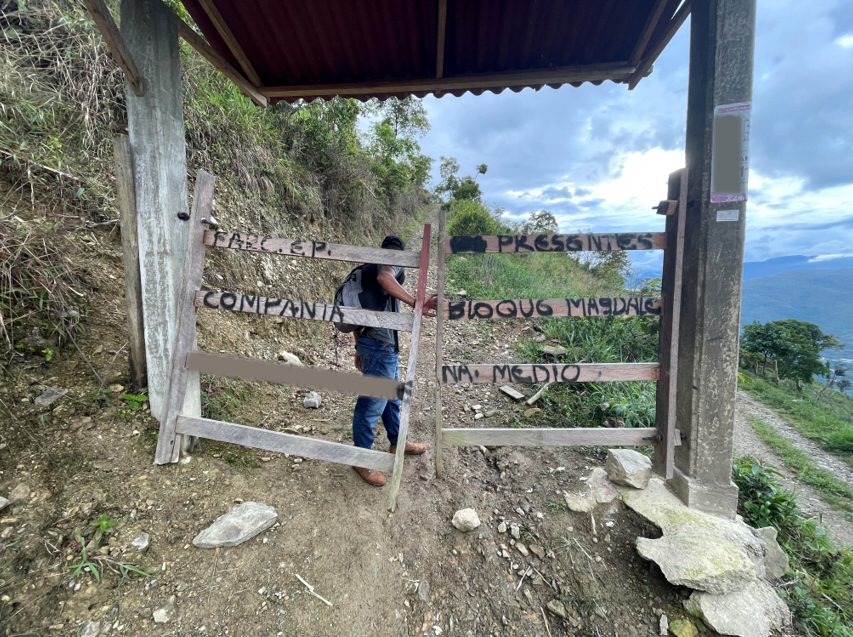
“They Opened Our Eyes”: Armed Groups’ Influence on Civilian Political Beliefs in Rural Antioquia, Colombia
February 14, 2024 · 12:00 pm—1:20 pm · 3rd Floor Atrium, Aaron Burr
Daniel Hirschel-Burns, Program in Latin American Studies

What are the effects of armed group governance on civilian political beliefs? How does long-term interaction with armed groups that challenge the prevailing political order change the ways that civilians understand the political world? To address these questions, Daniel Hirschel-Burns’ paper draws ethnographic evidence from four months of on-site fieldwork in an Antioquian municipality that experienced decades of presence by the Revolutionary Armed Forces of Colombia (FARC). Methodologically, he uses interviews, oral histories, participant observation, and voting data to gather information about FARC socialization, governance practices, and civilians’ political beliefs. Daniel finds that inhabitants of former FARC zones exhibit political beliefs more in line with the FARC’s ideology than non-FARC zones, and these differences are even more pronounced in areas that experienced participatory FARC governance. His findings stress that even for armed groups unable to capture the state, under certain conditions they may induce long-term ideational change in civilians that alter political beliefs and expectations of government.
ABOUT OUR GUEST SPEAKER
Daniel Hirschel-Burns (Ph.D. Yale University) is a political scientist whose research focuses on comparative politics, civil war, ideology, and qualitative methods. He was a United State Institute of Peace Peace Scholar in the 2022-2023 academic year. At Princeton, he is developing his book project, provisionally titled “The Ideological Socialization of Civilians During Civil War”, which examines under what conditions the Revolutionary Armed Forces of Colombia (FARC) succeeded in changing civilians’ political beliefs during the Colombian Civil War. He is also working on a co-authored project documenting and theorizing governing violence committed by armed groups, the first paper of which was published in the Journal of Conflict Resolution. Separately, he is working on co-authored paper about the relationship between political film in the Indian state of Tamil Nadu and the political beliefs of viewers.
DISCUSSANT
Juan C. Ferre, Global Health, M.D., Ph.D., CUNY Graduate Center; PLAS Postdoctoral Research Associate and Lecturer
This event is open to students, faculty, visiting scholars and staff. Lunch will be provided while supplies last.















